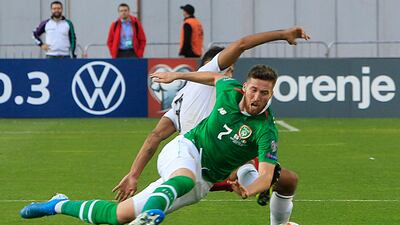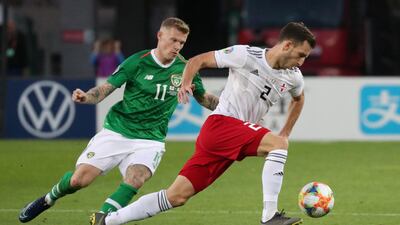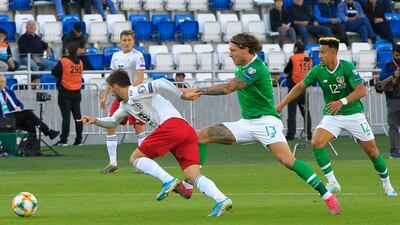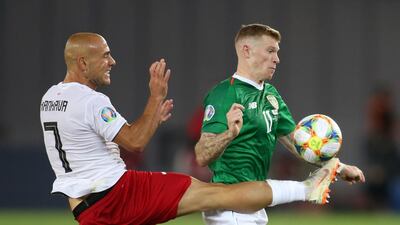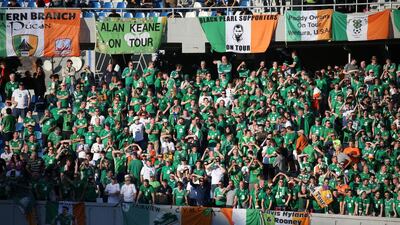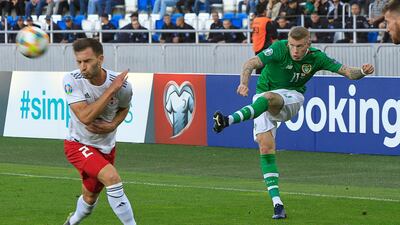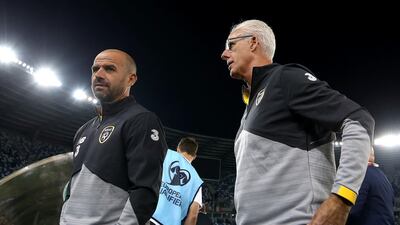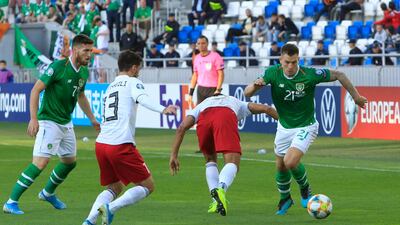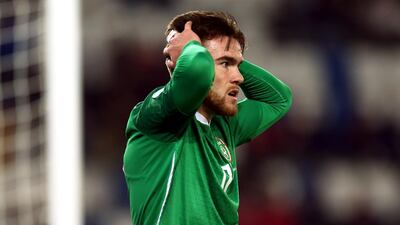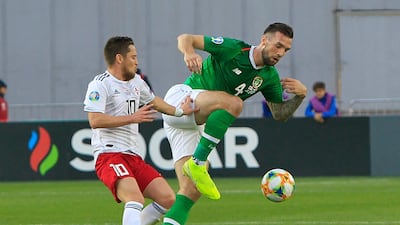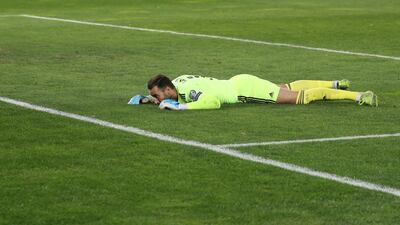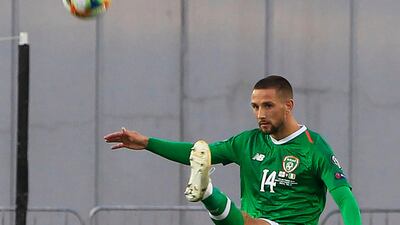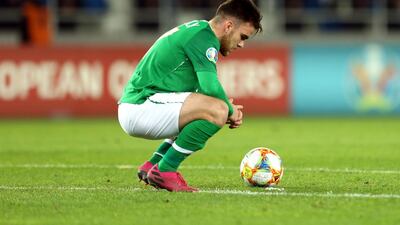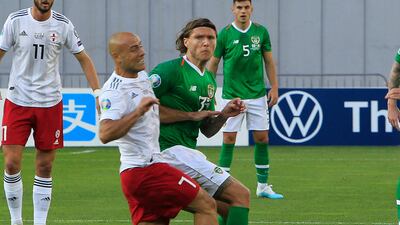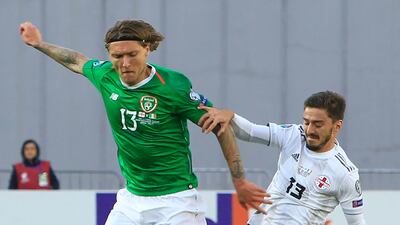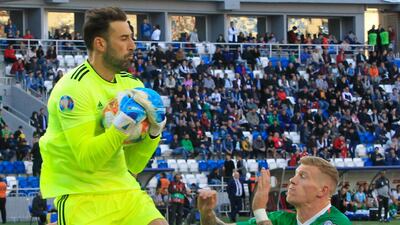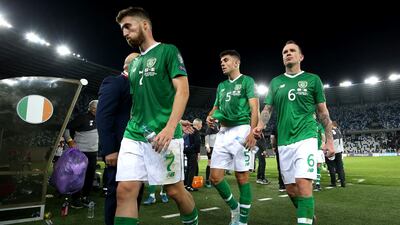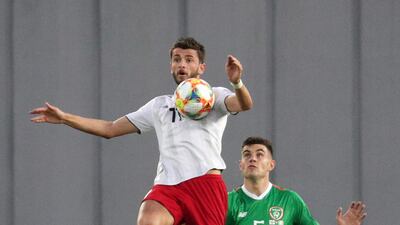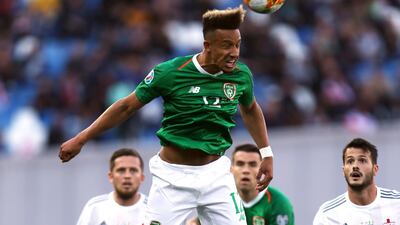Euro 2020 will come to Ireland, but it remains to be seen if the Republic of Ireland will be at Euro 2020. The stalest of stalemates in Georgia only served to postpone the drama. Ireland’s destiny will be determined against the two Group D favourites. They may yet miss their own party.
The Irish capital is one of tournament’s 12 host cities. It stages a potentially seismic encounter before then. Ireland’s last two games are against Switzerland in Geneva on Tuesday and Denmark in Dublin next month, each ranked in the world’s top 15, each in the knockout stages of last summer’s World Cup.
The latter could bring an effective end to Mick McCarthy’s second spell in charge. As he remains unbeaten, it amounts to a strange situation.
Ireland know their succession planning but not their immediate future. Unlike his team, McCarthy’s fate has been decided. He will be replaced by the Under-21 manager Stephen Kenny in 2020.
First, however, a manager whose side qualified for the 2002 World Cup at the Netherland’s expense looks for a sequel to an underdog tale.
McCarthy’s is a pragmatic formula. Ireland had threatened to navigate a path to a third consecutive European Championships by drawing with the best and beating the rest.
“If somebody had said at the start that we would get four points from Georgia, I would have taken that,” said McCarthy. “I am happy They are a good side.”
Yet while a more gifted Denmark team also drew in Tbilisi, Georgia have a solitary win in 17 qualifiers and are ranked 91st. Even if McCarthy denied it, it felt as though Ireland dropped two points. It leaves them with work to do.
They are scarcely afraid of graft. An industrious team is forged in McCarthy’s unpretentious image. They lacked inspiration, but not perspiration.
There is a professional solidity, evident harmony and none of the acrimony that marked the end of Martin O’Neill’s reign. But it was telling that Georgia had more possession. It underlined the functional approach of an Ireland side not blessed with technical ability and illustrated the uphill task they face against the Swiss and the Danes.
A clean sheet felt a feat in the circumstances. McCarthy was without half of his first-choice back four, the suspended Enda Stevens and the injured Richard Keogh.
A third, Shane Duffy, had been excluded from the squad but recovered to give stalwart service. “Darren [Randolph] has not made a save,” said McCarthy and the Middlesbrough goalkeeper was scarcely overworked as Keogh’s replacement, Sheffield United’s John Egan, excelled on his first competitive start.
“We are a hard nut to crack,” said McCarthy, whose side have only conceded two goals in six qualifiers. “I thought any goal was going to come from a free kick and a corner.”
The regret should be that neither of his valiant centre-backs turned match-winner. Lacking creativity, Ireland sought to compensate at set-pieces.
Chances bookended the match, both falling to the stoppers. Egan headed Conor Hourihane’s fourth-minute free kick against the post.
From Jeff Hendrick’s 95th-minute corner, Duffy only picked out goalkeeper Giorgi Loria. It was just his third save. Ireland mustered a solitary effort on target before the 90th minute when Loria denied the debutant Aaron Connolly, the one man to hint at incision in open play.
The quicksilver Connolly impressed, also shooting into the side netting in injury time and suggesting he should have been introduced sooner, but could not quite replicate his two-goal display against Tottenham last week.
“I fancied him to score,” said McCarthy. “I thought it would be a perfect debut.” Yet bright as the Brighton newcomer was, Ireland’s imperfections were apparent amid the mediocrity.
